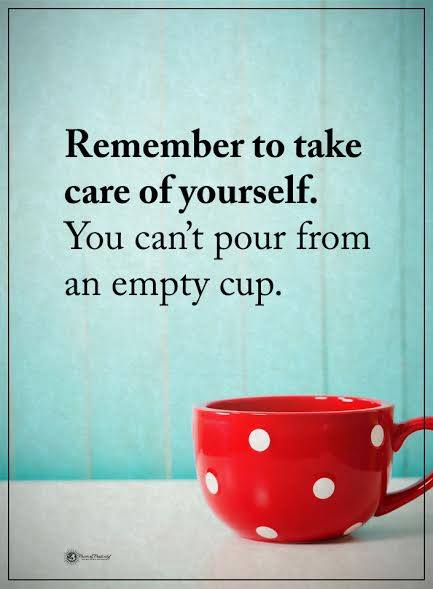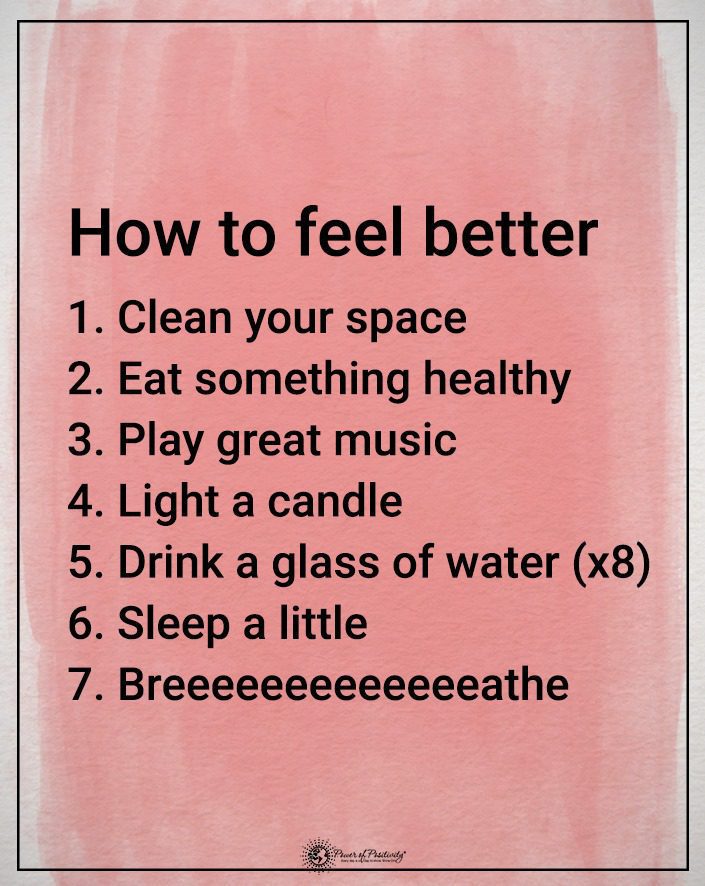Upset stomachs are often just a fact of life. The way we treat them, however, can vary. Instead of immediately seeking medication to treat your upset stomach, try looking into some natural, home remedies. Some medications can simply make an upset stomach worse, have side-effects, or merely mask the symptoms without addressing the root cause.
Natural remedies are more cost-efficient while being easier on your stomach and more likely to address the cause of the upset. So, whether you’re constipated, nauseous, or simply have an upset stomach, check out these home remedies to make your stomach feel better.
Here Are 6 Effective Home Remedies To Help Soothe An Upset Stomach
“Everything we need to “cure” ourselves from sickness and disease has already been given to us. And it was all put here long before we arrived.” – Troy Sawyer
1. Carrot and Mint Juice
If you’ve got a flu, carrot and mint juice can help soothe your upset stomach. The carrots will provide all the nourishment you need, while the peppermint will soothe your stomach. Soften the carrots in boiling water with one teaspoon of dried peppermint. Then, blend the mix together and enjoy! If the peppermint isn’t enough to help settle your stomach, try to add a pinch of ground ginger.
2. Rice tea
If you’ve got an upset stomach or are experiencing diarrhea, some rice tea should help settle your stomach. All you have to do is boil half a cup of rice in six cups of water for around 15 minutes. Then, simply strain out the rice from the water. You can add honey or sugar if you’re not keen on the flavor of simple rice water. Make sure to drink your “tea” while it’s still warm for the best effect in settling your stomach!
3. Burnt toast
This one might be a little strange, but it’s a tried and true method of settling an upset stomach! Toast is already an excellent way to help an unsettled stomach, so if you can’t handle the burnt taste, toast will already help you. According to Live Strong, “The carbon in the charred bread absorbs impurities and toxins, and it acts like a filter to prevent some compounds and microorganisms from passing through the mucus membrane of the gut.” Try adding some jelly to help it go down for a better taste.
4. Apple cider vinegar
Most people already know the real joys of apple cider vinegar when it comes to getting rid of unwanted pests in the home, as well as getting rid of a particularly sore throat. But it’s also good for the upset stomach. Mix a tablespoon of apple cider vinegar with a cup of warm water and a tablespoon of honey. Drinking this mixture will help ease cramping and gas and soothe indigestion.
5. Go for Yogurt
According to author Lauren Brown West-Rosenthal, Yogurt “that is labeled as having “active cultures” increase the number of good bacteria in your gut. This will help with digestion and get rid of that bloated, uncomfortable feeling in your stomach that makes you feel like you can’t even get up off the coach.”
Probiotics in yogurt make it an excellent choice for soothing an upset stomach. Yogurt can help ease digestive issues and give your immune system a boost if you’re sick with the stomach flu. However, make sure you’re not choosing sugary yogurt with added flavors for best results. Non-fat, plain yogurt is the best choice for settling an upset stomach.
6. Heat packs
Ladies know all about the magic of heat to help ease monthly cramps. As it turns out, heat can also be extremely helpful when it comes to settling an upset stomach. Place a hot water bottle or heating pad over your stomach. This will help increase blood flow which can sometimes alleviate the upset in your stomach altogether. If not, it will at least help soothe the pain that you feel associated with your upset stomach. Heating pads can be made at home with an old sock or pillowcase and some rice. Simply tie off the fabric after filling it with rice, place it into the microwave, and let it heat up for about 10 to 15 seconds.
There you have it! Easy and natural ways to soothe the woes of an upset stomach. This is perfect for those of us who would like natural, home remedies to soothe an upset stomach without relying on medication, or simply can’t afford a trip to the doctor. These are also great for parents of children who prefer natural remedies as opposed to medication to deal with the many flus and sicknesses that come with childhood.








